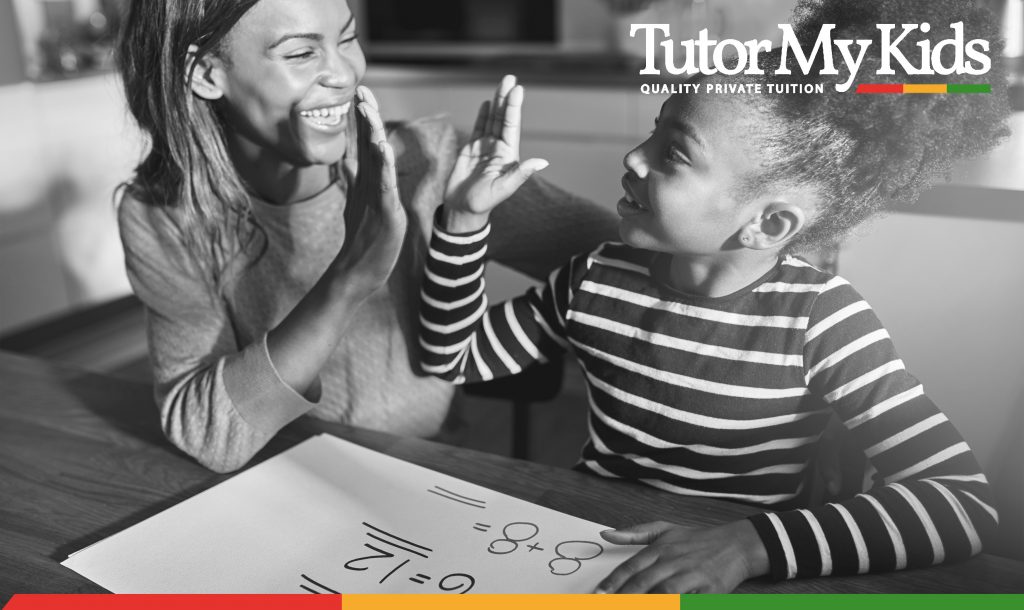Children are naturally curious and they notice differences between themselves and other people whether that’s disability, skin colour, ways of dressing or something else.
They might have a classmate in a wheelchair or a cousin who is on the autistic spectrum. They may have noticed somebody on television and started asking questions about them.
Curiosity is healthy and it’s okay! When your child asks questions, it is important to be prepared to answer them as honestly as you can. Here we share some thoughts to help you talk to your child about disabilities.
Don’t worry if your child asks questions in public
It can be very embarrassing when your young child loudly asks a question about somebody within hearing range, but most people with disabilities understand young children’s curiosity. Some people are more than happy to engage with children and answer questions themselves.
Try to resist saying “Don’t stare” as this gives the message that disability is something to avoid. As you walk away calmly answer your child’s questions. If you don’t know the answers be honest and say, “I don’t know”.
Keep explanations short and positive
When your child asks questions keep your answers concise and positive. For example, if they ask: “Why is that girl in a wheelchair?” rather than replying “Her legs don’t work” you could say, “Because her legs work differently to ours and a wheelchair helps her to move around”.
Focus on how aids help people – “His hearing aid helps him to hear” rather than “He can’t hear”.
Use respectful language
The words you use are a message to your child about how we value people with disabilities. Do not use words that would make another person feel ‘less than’ anybody else, for example ‘cripple’ or ‘retarded’.
Words that were once used freely may not be acceptable today. See the government guidance, Inclusive language: words to use and avoid when writing about disability.
Talk about similarities
If your child knows somebody with a disability talk about similarities between them. By doing this you communicate the fact that their disability doesn’t define them. It is important that your child knows the person has the same feelings and needs as they do.
Perhaps your child and the other child like playing football or listening to the same music? Do they have shared friends or go to the same clubs? By talking about similarities you separate the person from their disability.
Focus on strengths
Help your child to understand that just because somebody struggles in one area does not mean they don’t excel in others. A classmate with Down Syndrome might be good at art, a visually impaired child might be a fast runner.
Talk to your child about what they are good at and what they find difficult, so they begin to understand that everybody has strengths and struggles. Encourage them to offer help when they see somebody finding something difficult, just as they would want help themselves.
Treat medical aids with respect
Your child may need to learn that medical aids such as canes, guide dogs and wheelchairs are not toys, but are there to help a person. If your child wants to stroke a guide dog, for example, give a short explanation why not: “Let’s not distract the dog because he’s helping that person to see. He isn’t a pet”.
Share positive images of disabilities
Integrate positive images of disabilities into your child’s daily life by including a few age-appropriate books and toys in their collection that reflect diversity. If you type ‘books about disabilities’ into a search engine you will see that there are plenty of books to choose from.
There is less choice with toys. However, Orchard Toys make some puzzles and games that reflect real people – see their Woodland Party jigsaw and Giant Road. Toys Like Me have based their whole philosophy around inclusivity to ‘boost self-esteem and grow open minds’.
Do not define a person by their disability. For example, say ‘has Down Syndrome’ rather than ‘Down’s child’.
Home tuition for special educational needs
If your child needs additional help to achieve to the best of their ability, TutorMyKids will find the best tutor for them.
We will match your child with a tutor who is not only a specialist in their subject but who also has experience working with children who have barriers to learning. This includes physical, sensory, emotional, social, communication and interaction, or challenges relating to cognition and learning.
Talk to us today to discuss how we can help your child: 01223 858 421/hello@tutormykids.co.uk



